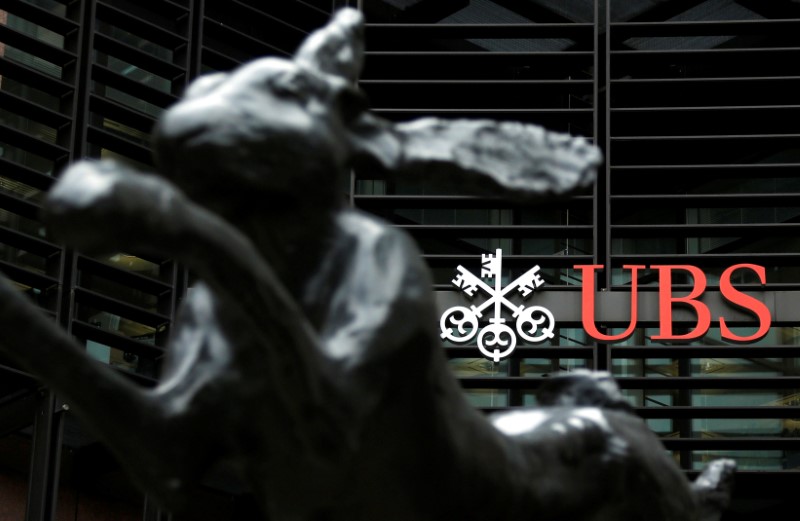By Peter Nurse
Investing.com - European stock markets traded firmly higher Tuesday, starting the new month on a positive note, helped by a change in tone from Federal Reserve officials, even in the face of weak German retail sales.
By 3:50 AM ET (0850 GMT), the DAX in Germany traded 1.6% higher, the CAC 40 in France climbed 1.1%, the U.K.’s FTSE 100 rose 0.4%, while the pan-European STOXX 600 index climbed 1.1%.
February has started brightly, rebounding from January’s sharp losses. The Stoxx 600 index dropped almost 4% in January, its worst month since October 2020. Reassuring comments about the pace of U.S. monetary tightening from two regional Fed presidents on Monday have calmed fears about a potential 'policy mistake'.
Helping the tone Tuesday were strong quarterly numbers from UBS (SIX:UBSG), continuing the largely encouraging earnings season for the European banking sector, with the Swiss banking giant increasing its share buyback program after reporting its best annual profit since the global financial crisis. Its stock soared over 6% to a four-year high.
Virgin Money (LON:VMUK) stock rose 0.4% after the British challenger bank increased its annual net interest margin outlook, as it benefits from rising interest rates and credit card spending recovery to pre-pandemic levels.
Additionally, Novozymes (CSE:NZYMb) stock rose 1.7% after the Danish enzymes maker said it expected sales to grow organically by between 3%-7% in the next financial year.
Still, despite these gains, the economic recovery within the Eurozone remains a cause for concern. German retail sales slumped 5.5% on the month in December as tighter coronavirus-related restrictions hurt trade, while French inflation slowed less than expected, rising 3.3% from a year earlier in January following December’s 3.4% increase, raising pressure on the European Central Bank to reassess its monetary policies.
Aside from these concerns, the fraught situation on the Russia-Ukraine border shows no signs of improving with the United States and the U.K. warning Russia on Monday that any invasion would trigger sanctions against companies and people close to the Kremlin.
Oil prices edged higher Tuesday, remaining close to the seven-year highs seen last week on expectations that the demand/supply balance will remain tight given a strong post-pandemic global recovery and limited output increases from the world’s top exporters.
The Organization of the Petroleum Exporting Countries and allies led by Russia, a group known as OPEC+, is expected to stick with its plan to cautiously increase production when they meet on Wednesday.
By 3:50 AM ET, U.S. crude futures traded 0.1% higher at $88.17 a barrel, while the Brent contract rose 0.1% to $89.29. Both benchmarks hit their highest levels since October 2014 on Friday, with the Nymex contract gaining over 17%, its biggest January gain in at least 30 years. The Brent contract also rose 15% in the month.
Additionally, gold futures rose 0.4% to $1,802.70/oz, while EUR/USD traded 0.2% higher at 1.1254.
